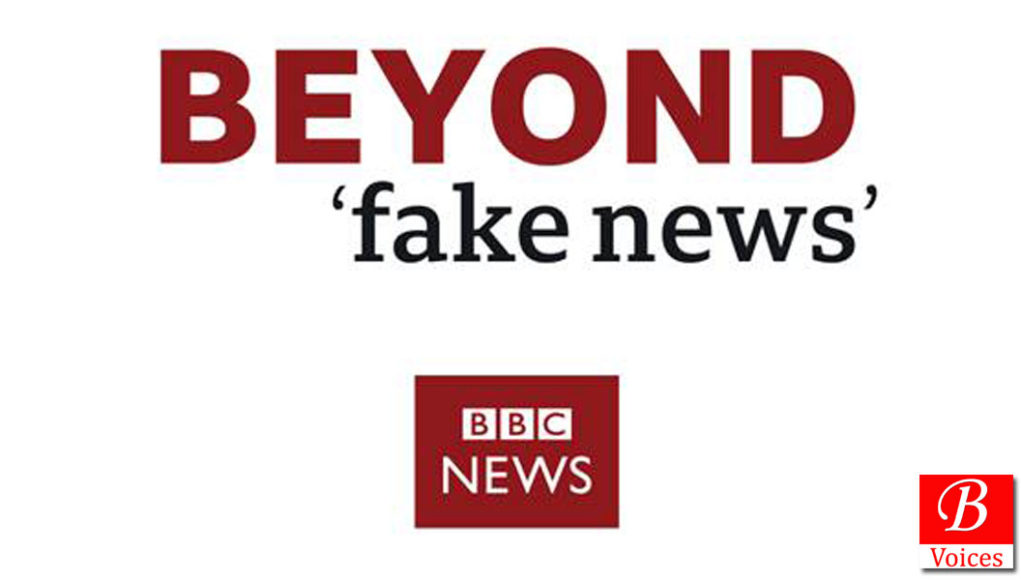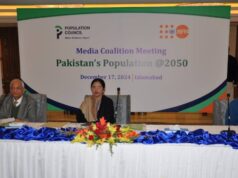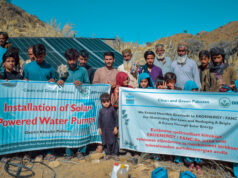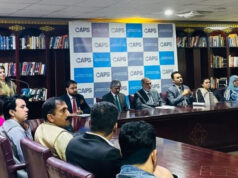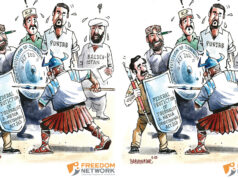The BBC will be launching the Beyond Fake News project on 12th November with the release of findings from original BBC research into how and why disinformation is shared.
Around the globe, disinformation has been seen to cause social and political harm, with people having less trust in the news, or in some cases being subjected to violence or death as a result.
The BBC’s Beyond Fake News project aims to fight back with a major focus on global media literacy, panel debates in India and Kenya, hackathons exploring tech solutions and a special season of programming across the BBC’s networks in Africa, India, Asia Pacific, Europe, the USA and Central America. The research to be released publicly on 12th November comes after users gave the BBC unprecedented access to their encrypted messaging apps in India, Kenya, and Nigeria.
The Beyond Fake News media literacy programme has already begun delivering workshops in India and Kenya. It draws on the BBC’s pioneering work to tackle disinformation in the UK, where digital literacy workshops have also been delivered to schools across the country.
Jamie Angus, Director of the BBC World Service Group, says: “In 2018 I pledged that the BBC World Service Group would move beyond just talking about the global ‘fake news’ threat, and take concrete steps to address it. Poor standards of global media literacy, and the ease with which malicious content can spread unchecked on digital platforms mean there’s never been a greater need for trustworthy news providers to take proactive steps. We have put our money where our mouth is and invested in real action on the ground in India and in Africa. From funding in-depth research into sharing behaviours online, to rolling out media literacy workshops globally, and by pledging to bring BBC Reality Check to some of the world’s most important upcoming elections, this year we’re carving our path as a leading global voice for spotting the problems, and setting out ambitious solutions.”
The Beyond Fake News Season
Fake or real, truth or lie, transparent or deliberately misleading – how can you tell the difference? And what can you do about it to help build trust? These are the problems the BBC explores in the Beyond Fake News season. This season will include Fake Me, a documentary revealing how far young people will go in pursuit of social media perfection, as well as the in-depth story of what happened when WhatsApp turned one Indian village into a lynch mob. There will also be reports on Russia’s disinformation campaign, how Facebook is being exploited in the Philippines to spread false information, and a debate with some of the world’s big tech firms on what role they play in stemming the spread of ‘fake news’. The season brings stories from across the world on TV, radio and online drawing on the expertise of the BBC’s international network of journalists.
Share your comments!


